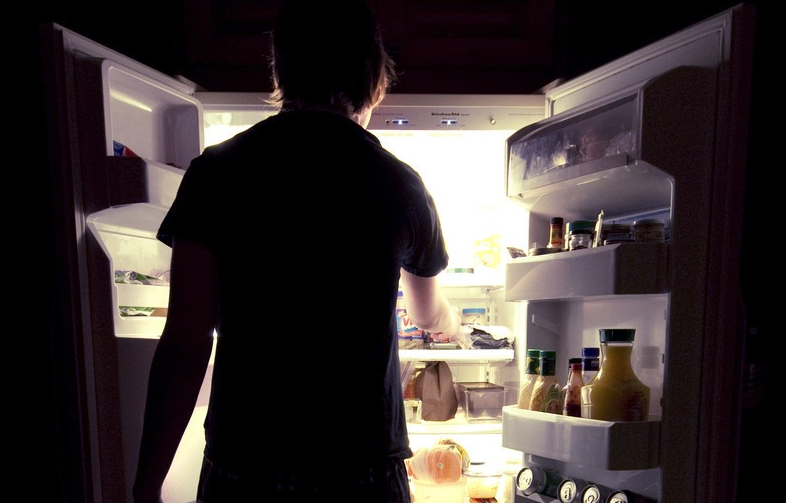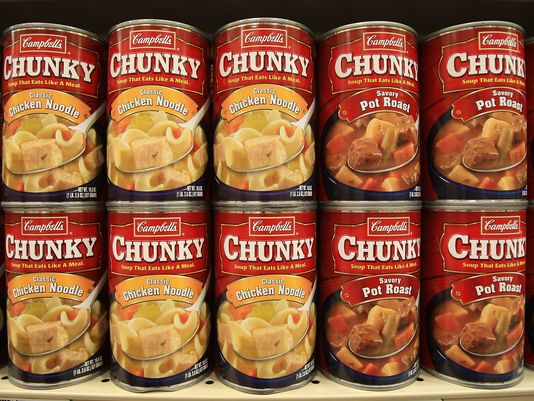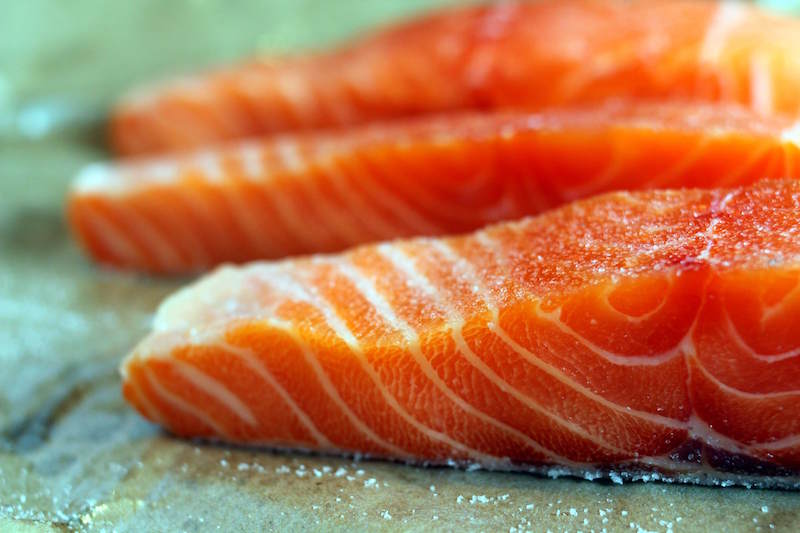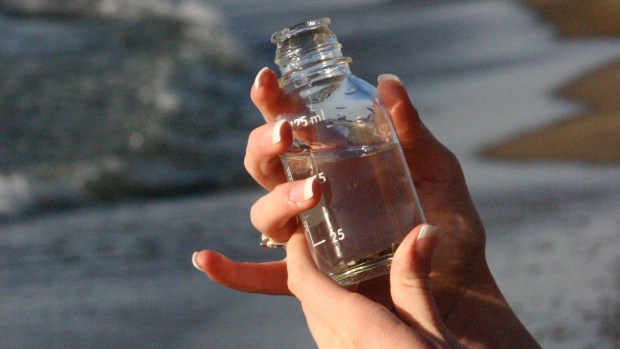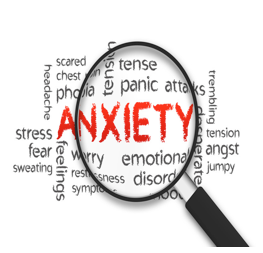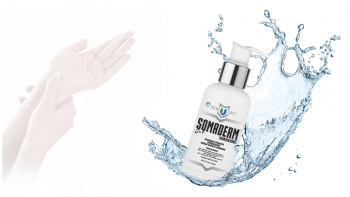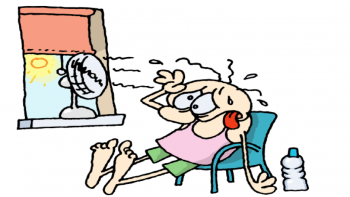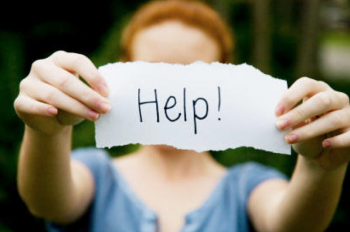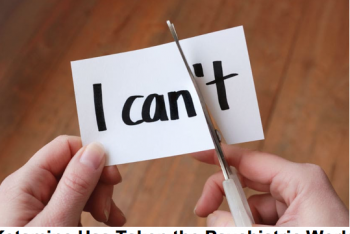Are Your Midnight Munchies Mangling Your Memory?
WELLNESS--We have known for a long time that late night eating has a negative effect on our blood sugar and has even been linked to diabetes and other diseases, but this study clearly puts late night eating and brain memory impairment in the spotlight.
The research indicates that those munchies just might be wreaking havoc on your mind. "We believe that late-night snacking may affect our learning capabilities by affecting the parts of the brain responsible for learning and memory, specifically, the hippocampus," Dr. Dawn Loh, a scientist at the University and lead author of the study said.
The hippocampus is one of the key anatomical parts of the brain responsible for memory, and while this study has not been confirmed on humans but only on mice, there is surprising evidence that this part of the brain that supports memory is adversely affected by late night eating.
In the experiment they used two groups of mice. One group of fed during the day when they were most active and the other was fed late at night during normal sleeping hours. While both groups received the same amount of calories and the same amount of sleep, they found that the group of mice that were fed in the middle of the night had less of a chance of remembering to avoid a chamber in their cage that provided a mild electric current when they walked into it. The ones that ate during normal hours had no problem remembering and avoided that chamber.
The other test they did was to introduce a novel object to the mice and then remove it from the cage and repeat at a later hour. The mice that ate while they should have been sleeping forgot that they had already been exposed to that object while the ones on the normal eating schedule had no problem recollecting the object.
"By consuming food at the 'wrong' time of day, we induce misalignment between the various clocks in the brain and body," Loh said. "This is known to affect physiological processes like metabolism. We demonstrate for the first time that this food-induced misalignment leads to profound impairment of hippocampal-dependent memory as well."
One great solution to late night eating is to simply pick a time in the evening and don’t eat past that hour. Many people complain that they work late hours and don’t get home until 8 or 9pm. While this is a challenging situation, if you know that you are not to eat past 7 pm or even 8pm, you can have the opportunity to bring lunch and dinner to work with you and eat before you leave the office to head home. Ideally, we start work a little earlier and get home at a more reasonable hour, but for those of you where that is impossible, maybe bringing a health and delicious dinner to work is the answer!
(Christian Cristiano is an acupuncturist in LA, TV host of Wellness for Realists and writes on wellness regularly for CityWatch. Christian can be reached at 323.935.3420. twitter: @CristianoWFR)
-cw
CityWatch
Vol 14 Issue 4
Pub: Jan 12, 2016

